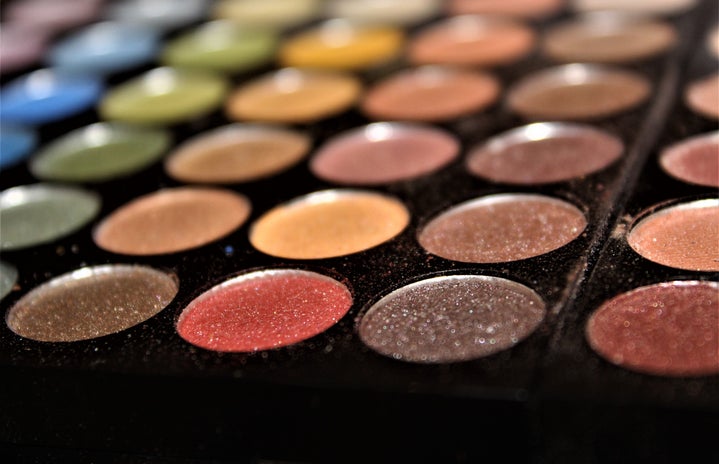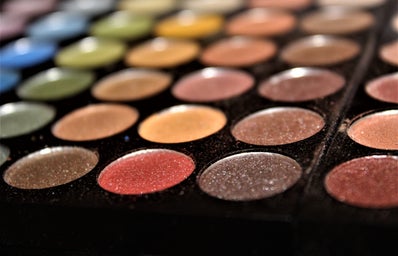France recently passed a law requiring advertisers to disclose when a photograph has been “touched up” by Photoshop somewhere on the revised image.
Approximately 600,000 people suffer from some sort of eating disorder in France. Because France is one of the high fashion/couture capitals of the world, many women strive to emulate the models they see in the media, who are primarily tall and extremely thin. However, photographs of these models continue to undergo rounds and rounds of Photoshop in order to achieve completely unattainable standards of beauty.
This new law is designed to stop the perpetration of these unattainable beauty standards. Companies will now be forced to admit when they’ve used Photoshop, which will allow consumers to recognize when an image simply doesn’t reflect reality. The legislation has been instated with the primary goal of reducing the number of eating disorders in France, but it also aims to extricate the widely accepted notion that the thinner the person, the better.
This law will also hopefully set a new standard for other beauty and fashion companies around the world. Because our society is so intensely saturated in media, our perceptions of what is and isn’t beautiful is so heavily shaped by whatever we see on television or in magazines.
Thus, we often find ourselves pining of images that don’t, and can’t, exist in the actual world. No model ever looks as airbrushed or thin as he/she does in an advertisement. Businesses know that perfection sells, and so they’re willing to use Photoshop without weighing its social consequences. However, this law will hopefully steer our standards in a more positive direction.
Although this law holds no equivalent in the United States, many U.S. brands have launched campaigns to demonstrate the value of body positivity. For instance, the brand aerie received a lot of coverage when it released a series of photographs that were wholly untouched by Photoshop. The American Eagle brand’s campaign was deemed highly empowering, especially since its consumer base is so young and malleable. Similarly, ModCloth vows not to use Photoshop in its advertisements, and to instead showcase a wide and diverse range of body types. Refinery29 is committed to doing the same thing on its image-heavy website.
This conversation surrounds big brands and Photoshop, but it can totally apply to us in our everyday lives as well. Many of us use offshoots of Photoshop regularly – even seemingly harmless apps like Facetune can set unrealistic expectations when it appears all over our Instagram accounts. What’s most important is to simply be cognizant of when we choose to use these digital enhancing features, and to ensure that we can always separate what’s real from what’s not.

